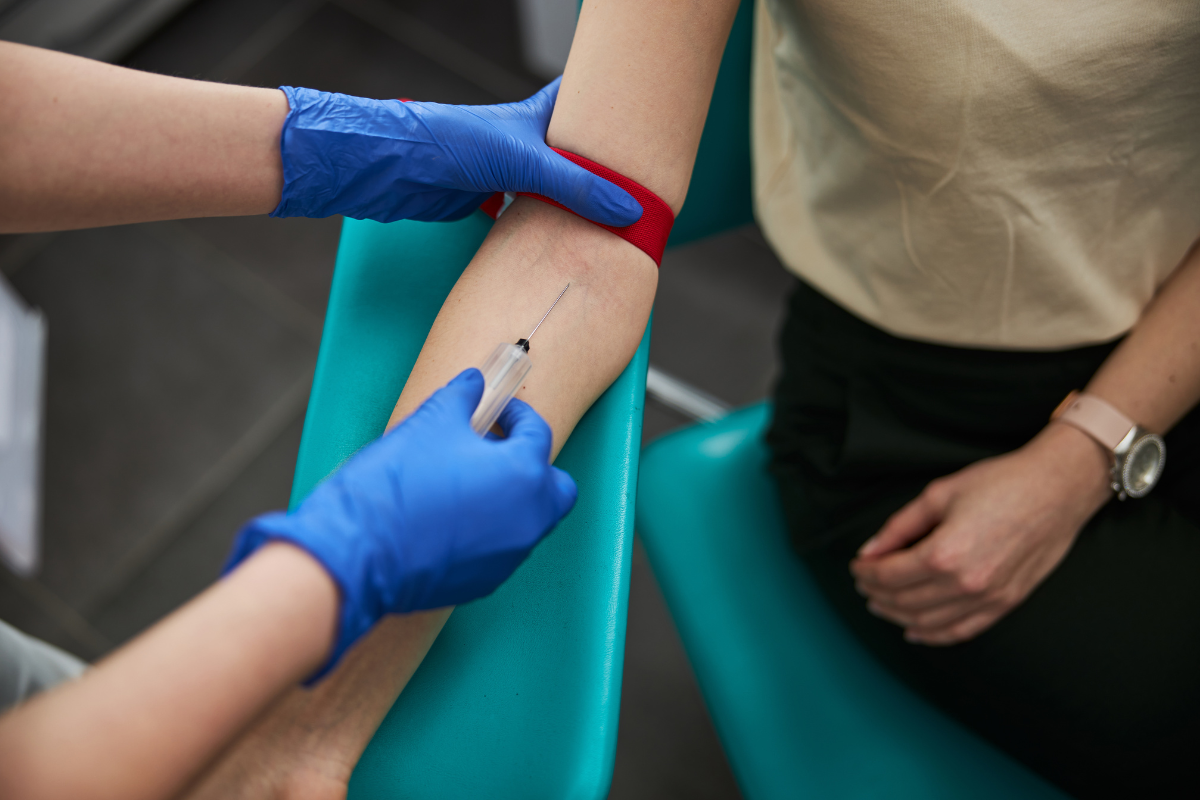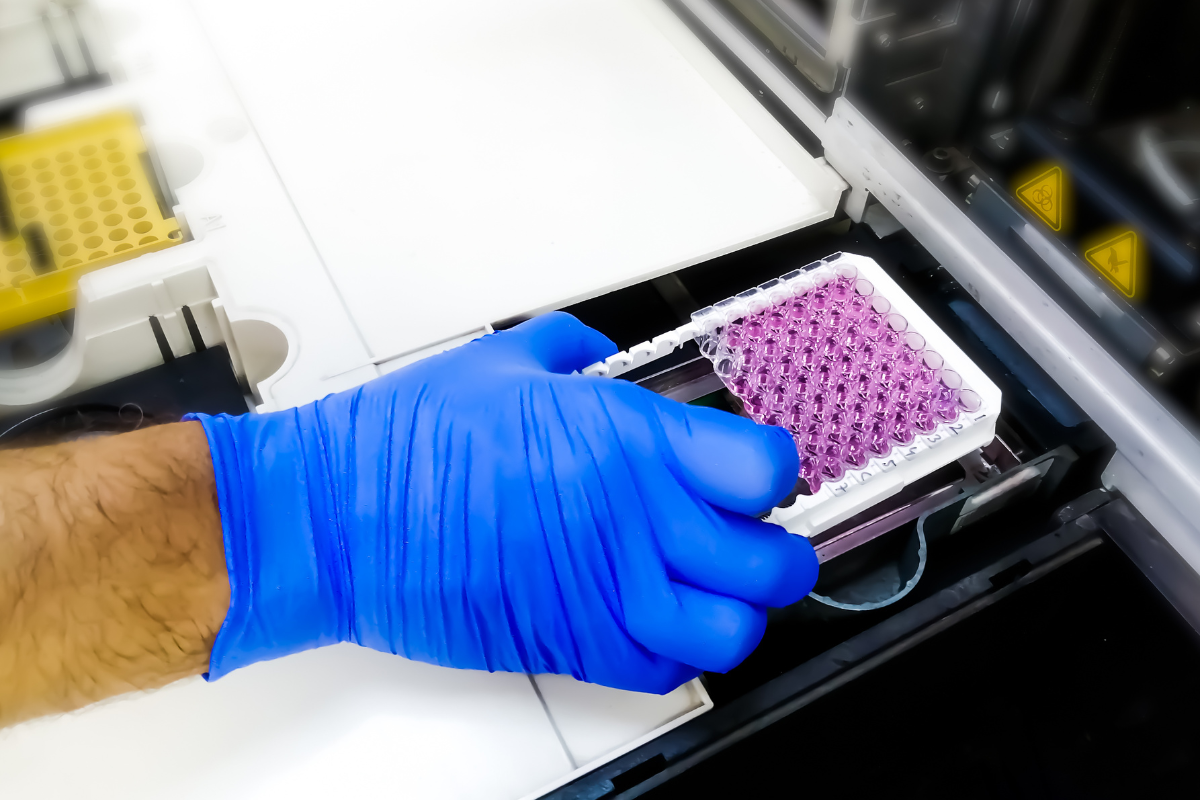New Therapeutic Target for Aggressive Breast Cancer

Breast cancer is a disease in which cancer cells develop in the tissues of the breast. Approximately 2.3 million women were diagnosed with breast cancer in 2020, and 685 000 deaths were recorded globally. It is the second most common cancer affecting women in the US today, with triple-negative breast cancer (TNBC) being the more aggressive and deadliest form of the disease.
TNBC accounts for 10 to 15 % of all breast tumours. It grows and spreads more quickly than most tumours and corresponds with worse patient outcomes. TNBC is recognised as accounting for approximately one-third of all deaths from breast cancer. Therefore, identifying an effective treatment is paramount for the industry.
- Genetic Variants Linked to Dyslexia
- Thirdhand Smoke Triggers Skin Disease
- New Gene Target Discovered for Aggressive Lung Cancer
Scientists at VCU Massey Cancer Center have identified an enzyme that has revealed itself as an ideal therapeutic target. The specific enzyme called UBA1 has inhibitors that can positively impact haematological cancers such as acute myeloid leukaemia and chronic myelogenous leukaemia. Led by Anthony Faber and Jennifer Kobliniski, the research team were able to draw such a conclusion by conducting comprehensive genomic screening using CRISPR/CAS9.
The study published in PNAS Nexus showed that using the novel UBA-inhibiting drug TAK-243 could block the cellular function of UBA1 and kill cancer cells in mice with patient-derived breast tumours. It is the first study to suggest that UBA1 inhibitors could be effective in TNBC.
Scientists reported that “TAK-243 therapy led to tumour inhibition or frank tumour regression. Moreover, in an intracardiac metastatic model of TNBC, TAK-243 markedly reduced metastatic burden indicating UBA1 is a potential new target in TNBC expressing high levels of c-MYC.” The paper also discovered a correlation between c-MYC expression and TAK-243 sensitivity, which induced a stress response and subsequent cell death.
Scientists at VCU Massey Cancer Center have identified an enzyme that has revealed itself as an ideal therapeutic target.
Interestingly, the study was able to address the pressing disparities in TNBC. Speaking on this issue, explained how “NBC is a major disease of disparate outcomes between Black patients and white patients, we were able to harness the power of new breast cancer mouse models from Black TNBC patients that were developed by Dr Koblinski’s group.”
TAK-243 has since been tested in early-phase trials. The next steps of the centre’s research include exploring the use of TAK-243 in TNBC with the drug company that is developing it. Evaluating other targets in the UBA1 pathway will also be a priority when demonstrating efficacy.
Want to stay up to date with the latest Biomarker news? Register now for Oxford Global’s flagship event, Biomarkers UK. This is a must-attend forum covering the latest trends transforming biomarker and translational research.
Get your weekly dose of industry news here and keep up to date with the latest ‘Industry Spotlight’ posts. For other Biomarkers content, please visit the Biomarkers Content Portal.







